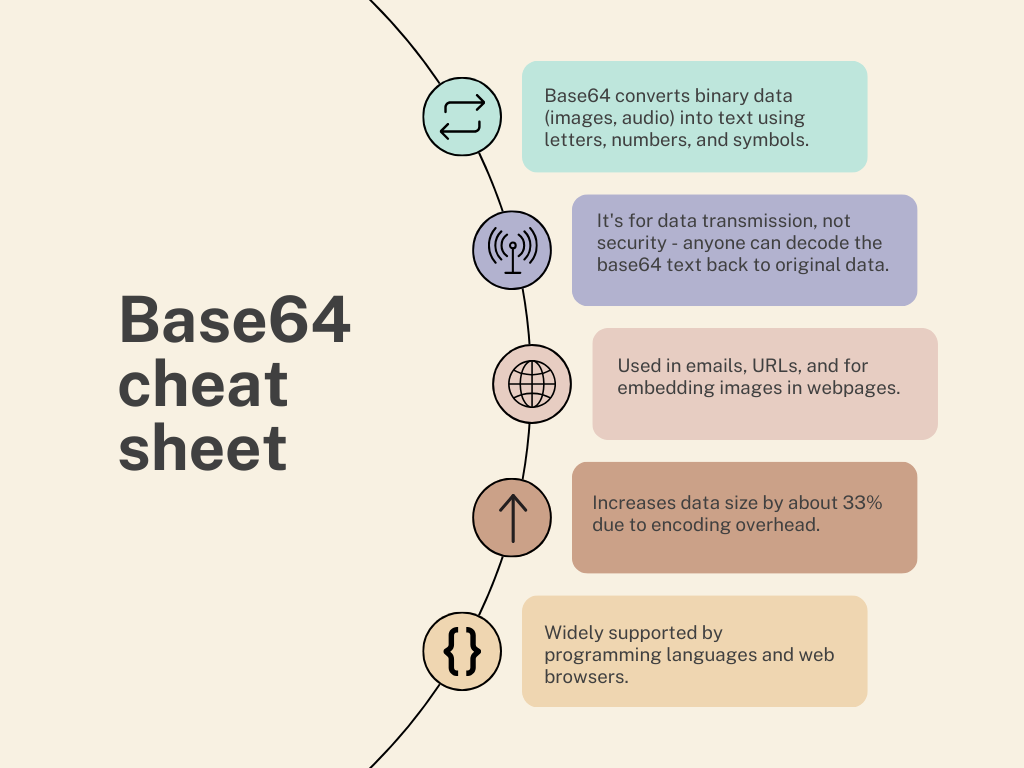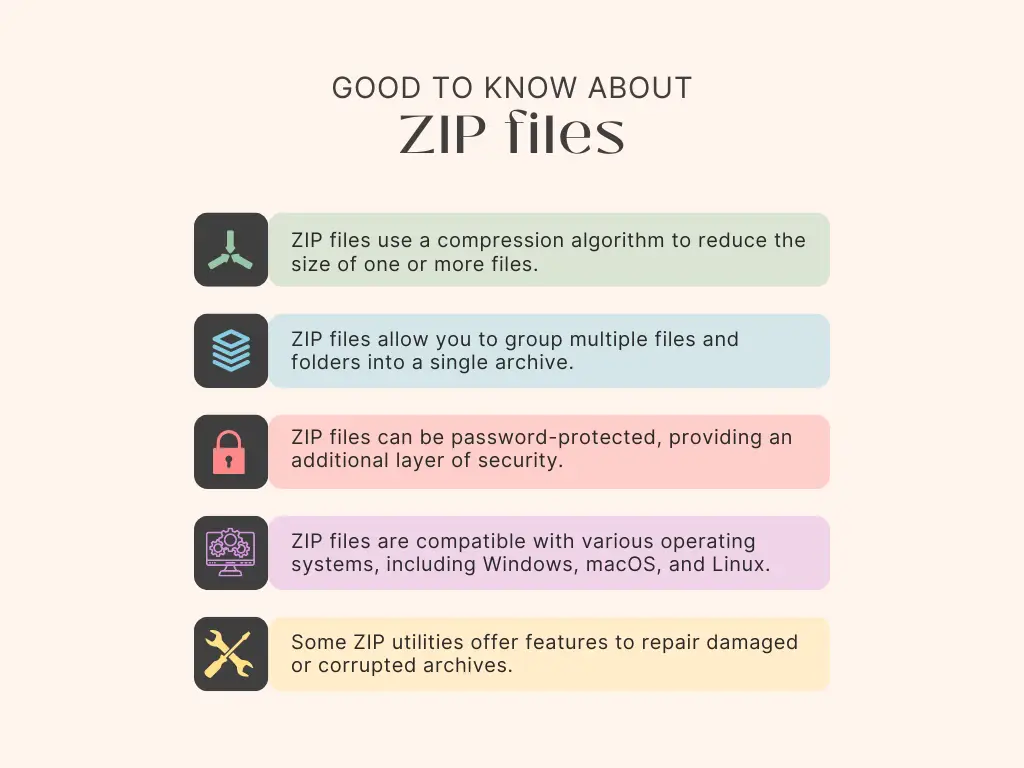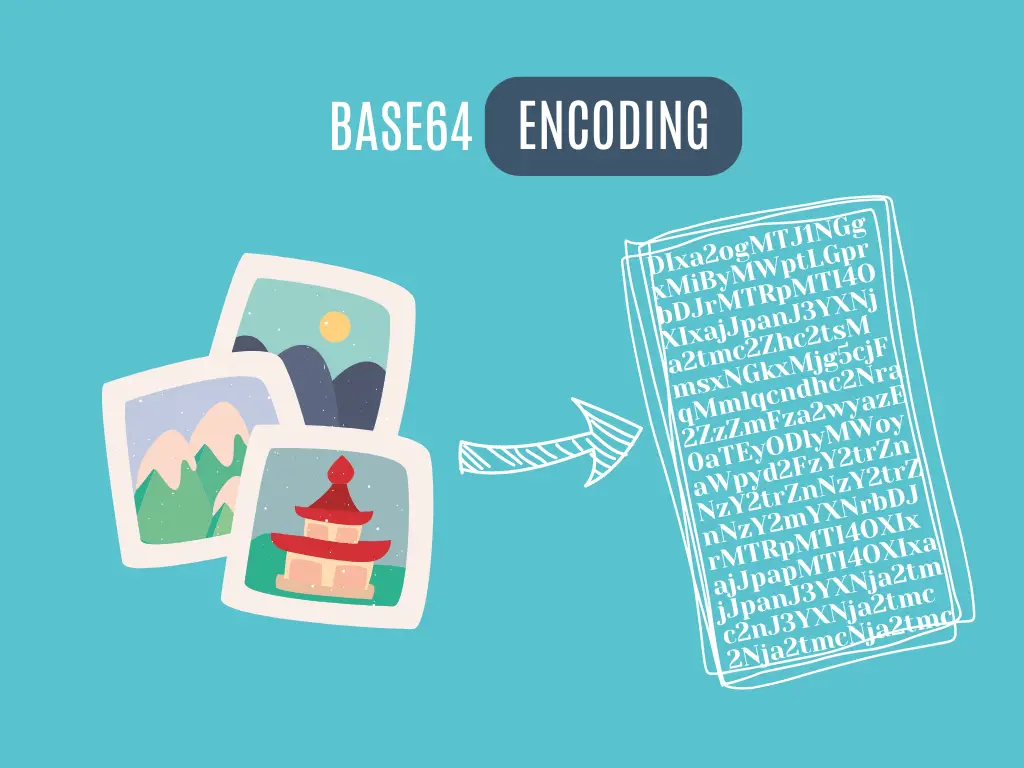This online tool allows you to easily convert a ZIP file into a Base64 encoded string. Simply upload your ZIP file, and the tool will take care of the rest, providing you with a Base64 encoded version of your file in no time.
ZIP to Base64
Settings
Output: Base64 Encoded Text
What is Base64?
Base64 encoding is a powerful and widely-used method for transforming binary data into a text-based format, enabling seamless transfer and storage of data across various systems and platforms. At its core, Base64 encoding acts like a friendly compiler, converting binary data into a language that even humans can understand – text. This handy tool is often employed to convert binary data files to text for distribution in environments where transporting binary data is not possible or supported.
By representing binary data using a set of printable characters, Base64 encoding ensures data integrity and compatibility, making it an ideal choice for distributing binary data in environments where raw binary data cannot be easily transmitted. This enables seamless sharing of binary files, such as images, documents, and other multimedia content, across email systems, web pages, and other text-based platforms without corruption or loss of information.

What are ZIP files?
ZIP files are archives that store multiple files. They use lossless compression to reduce the file size of the files contained inside the ZIP. Thus, the ZIP file functions as a folder that groups files and uses compression to make it easier to store, send, and share.

What is Encoding?
The process of converting data from one form to another is known as encoding. This manipulation is widely used to improve the efficiency, security, or interoperability of data across many systems or devices.
The choice of encoding scheme hinges on the specific requirements of the application. For instance, if you need to embed binary data in a text-based format, Base64 is a viable option. If you need to represent a wide range of characters, UTF-8 is a suitable choice. If you need to compress images, JPEG or PNG are appropriate options.
Common encoding schemes:
- Base64 Encoding:
- Converts binary data into a text-based format using a 64-character set (A-Z, a-z, 0-9, and ‘+/’ characters).
- Widely used for embedding images in HTML, transmitting binary files via email, and storing data in cookies.
- UTF-8 Encoding:
- A variable-length character encoding that supports almost all characters in the Unicode standard.
- Ideal for web pages, databases, and APIs due to its versatility.
- JPEG and PNG Compression:
- While not traditional encodings, JPEG and PNG formats compress image data efficiently.
- JPEG (Joint Photographic Experts Group) is lossy, sacrificing some image quality for smaller file sizes.
- PNG (Portable Network Graphics) is lossless, preserving image quality but resulting in larger files.

What is a ZIP to Base64 Converter?
The ZIP to Base64 Converter is a program that converts .zip files into their Base64 encoded text equivalent. This conversion enables ZIP files to be encoded using the Base64 algorithm.
How do I use the Online ZIP to Base64 Encoder?
- First, upload your file, with the .zip extension.
- No need to press a button, just wait until the encoding is complete. For extensive files, this may take longer.
- The Base64 result will automatically appear in the Output field.
- If you want, you can copy the result using the Copy button.
Is it secure to use your ZIP to Base64 Converter?
The application is designed to operate entirely on the client side. This ensures that all conversion processes occur within the user’s browser, without any data being transmitted to external servers. By adopting this approach, user information remains confidential and under their control during the conversion process.
Base64 Characters
Base64 encoding hinges upon a character set of 64 distinct symbols, carefully chosen to strike a balance between compatibility, and readability. These symbols, which include alphanumeric characters and special symbols, form the basis for converting binary data into human-readable text.
| Value | Character | Binary Value |
|---|---|---|
| 0 | A | 000000 |
| 1 | B | 000001 |
| 2 | C | 000010 |
| 3 | D | 000011 |
| 4 | E | 000100 |
| 5 | F | 000101 |
| 6 | G | 000110 |
| 7 | H | 000111 |
| 8 | I | 001000 |
| 9 | J | 001001 |
| 10 | K | 001010 |
| 11 | L | 001011 |
| 12 | M | 001100 |
| 13 | N | 001101 |
| 14 | O | 001110 |
| 15 | P | 001111 |
| 16 | Q | 010000 |
| 17 | R | 010001 |
| 18 | S | 010010 |
| 19 | T | 010011 |
| 20 | U | 010100 |
| 21 | V | 010101 |
| 22 | W | 010110 |
| 23 | X | 010111 |
| 24 | Y | 011000 |
| 25 | Z | 011001 |
| 26 | a | 011010 |
| 27 | b | 011011 |
| 28 | c | 011100 |
| 29 | d | 011101 |
| 30 | e | 011110 |
| 31 | f | 011111 |
| 32 | g | 100000 |
| 33 | h | 100001 |
| 34 | i | 100010 |
| 35 | j | 100011 |
| 36 | k | 100100 |
| 37 | l | 100101 |
| 38 | m | 100110 |
| 39 | n | 100111 |
| 40 | o | 101000 |
| 41 | p | 101001 |
| 42 | q | 101010 |
| 43 | r | 101011 |
| 44 | s | 101100 |
| 45 | t | 101101 |
| 46 | u | 101110 |
| 47 | v | 101111 |
| 48 | w | 110000 |
| 49 | x | 110001 |
| 50 | y | 110010 |
| 51 | z | 110011 |
| 52 | 0 | 110100 |
| 53 | 1 | 110101 |
| 54 | 2 | 110110 |
| 55 | 3 | 110111 |
| 56 | 4 | 111000 |
| 57 | 5 | 111001 |
| 58 | 6 | 111010 |
| 59 | 7 | 111011 |
| 60 | 8 | 111100 |
| 61 | 9 | 111101 |
| 62 | + | 111110 |
| 63 | / | 111111 |







